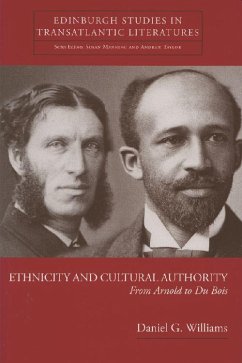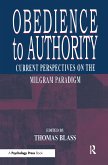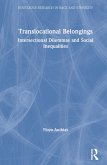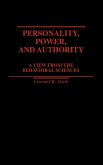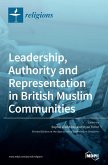With the end of the Cold War and the burgeoning of a global culture, the assumptions upon which Area Studies were based are being eroded. Edinburgh Studies in Transatlantic Literatures is an exciting new publishing venture that will promote the study of American literatures beyond national perimeters. How are place-based identities transformed by a wider Atlantic world? To what extent has the literature of the American hemisphere always and inevitably been in dialogue with that of Europe? What forms of expression do national identity and cultural nationalism take in a transnational environment? What are the conceptual models for critical discussion of literatures in transnational contexts? The series will explore the theoretical implications of comparing transatlantic literary cultures and publish important studies of transatlantic exchange in practice. It aims to be flexible in approach, incorporating Readers aimed at undergraduate and postgraduate students, monographs, and tightly-conceived edited collections. Writing in 1903, W. E. B. Du Bois suggested that the goal for the African-American was 'to be a co-worker in the kingdom of culture'. He was evoking 'culture' as a solution to the divisions within society, thereby adopting, in a very different context, an idea that had been influentially expressed by Matthew Arnold in the 1860s. Du Bois questioned the assumed universality of this concept by asking who, ultimately, is allowed into the 'kingdom of culture'? How does one come to speak from a position of cultural authority? This book adopts a transatlantic approach to explore these questions. It centres on four Victorian 'men of letters' -- Matthew Arnold, William Dean Howells, W. B. Yeats and W. E. B. Du Bois -- who drew on notions of ethnicity as a basis from which to assert their cultural authority. In comparative close readings of these figures Daniel Williams addresses several key areas of contemporary literary and cultural debate. The book questions the notion of 'the West' as it appears and re-appears in the formulations of postcolonial theory, challenges the widespread tendency to divide nationalism into 'civic' and 'ethnic' forms, and forces its readers to reconsider what they mean when they talk about 'culture', 'identity' and 'national literature'. Key Features Offers a substantial, innovative intervention in transatlantic debates over race and ethnicity Uses 4 intriguing authors to explore issues of national identity, racial purity and the use of literature as a marker of 'cultural capital' A unique focus on Celtic identity in a transatlantic context Sets up a dialogue between writers who believe in national identity and those who believe in cultural distinctiveness
Hinweis: Dieser Artikel kann nur an eine deutsche Lieferadresse ausgeliefert werden.
Hinweis: Dieser Artikel kann nur an eine deutsche Lieferadresse ausgeliefert werden.

